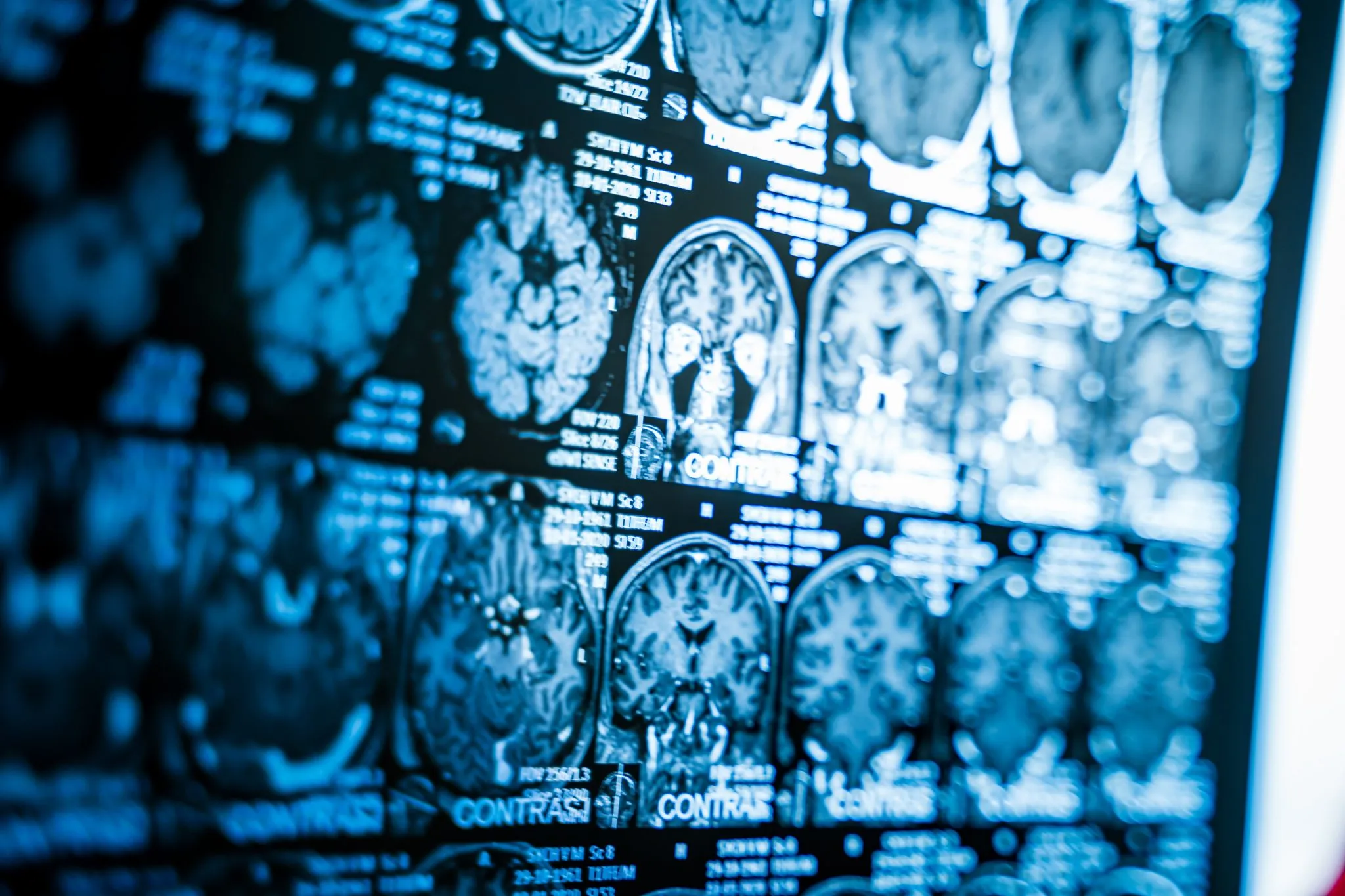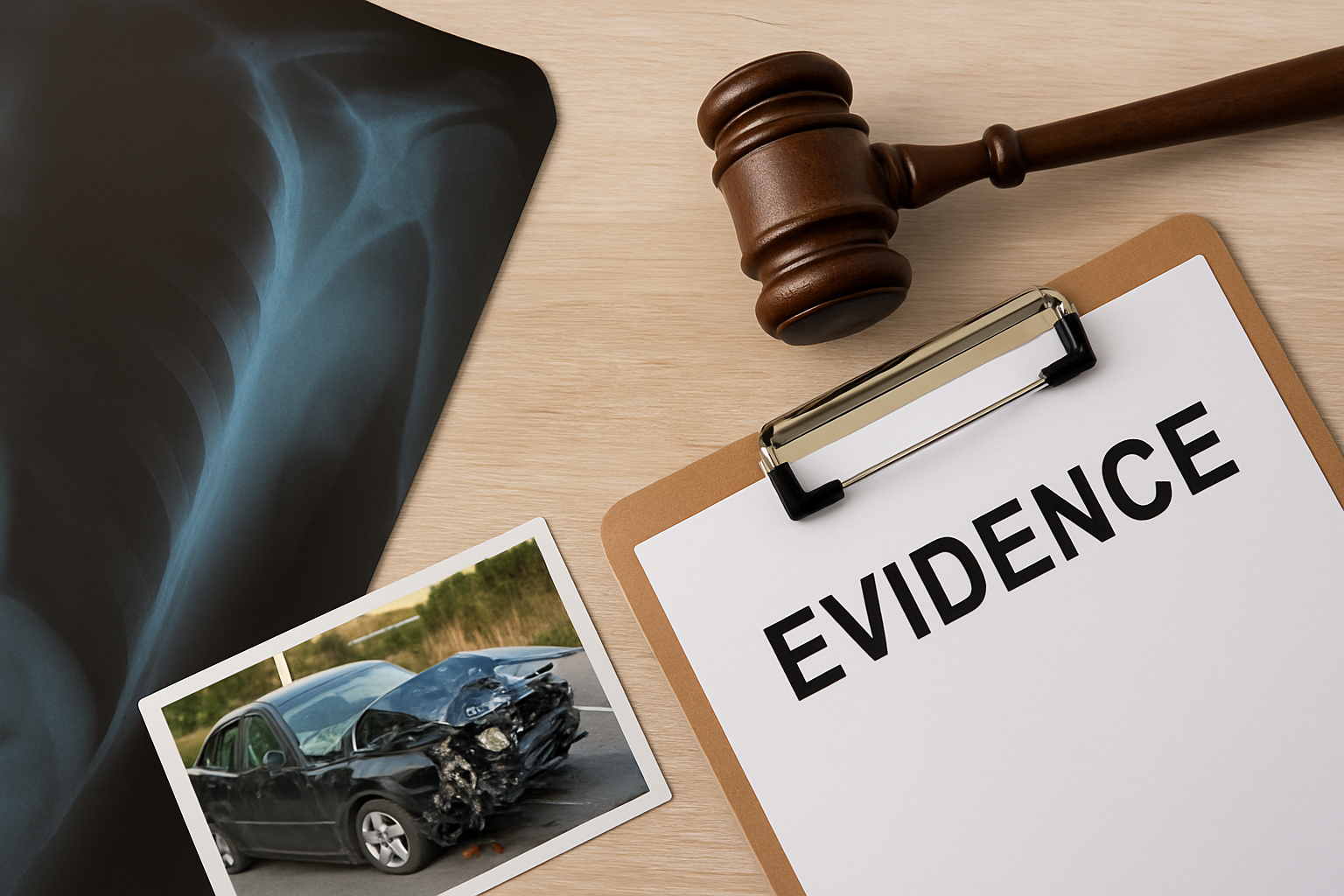Brain injuries include concussions and other traumatic brain injuries after a blow to the head or body, as well as nontraumatic injuries from issues like oxygen loss or infection. Symptoms can affect thinking, mood, sleep, balance, and the senses. If you suspect a brain injury, get medical care promptly. MedlinePlus
The short list
- Headache that persists or gets worse
- Confusion, memory problems, or feeling mentally slow
- Loss of consciousness or a dazed state
- Repeated vomiting or nausea
- Balance problems or dizziness
- Vision changes or unequal pupils
- Slurred speech or trouble finding words
- Sensitivity to light or noise
- Irritability, mood swings, anxiety, or depression
- Sleep changes, fatigue, or unusual drowsiness
What each sign can look like
1) Headache that persists or gets worse
A constant or intensifying headache after a hit to the head or body is common in concussion and other TBIs. A worsening or severe headache is an emergency warning sign that needs immediate medical care. CDCMedlinePlus
2) Confusion, memory problems, or feeling mentally slow
People often report feeling foggy, slowed down, or having trouble concentrating or remembering new information. These cognitive symptoms are hallmarks of concussion and can last days to weeks. CDC
3) Loss of consciousness or a dazed state
Even brief loss of consciousness, being stunned, or not recalling the event suggests a brain injury. Altered consciousness that lasts or recurs can indicate a more serious TBI. Mayo Clinic
4) Repeated vomiting or nausea
Vomiting more than once after a head injury is a red flag for urgent evaluation. Nausea is also common in milder injuries. CDCMedlinePlus
5) Balance problems or dizziness
Unsteady gait, dizziness, or decreased coordination point to vestibular involvement and are common after concussion. CDC
6) Vision changes or unequal pupils
Blurred or double vision and light sensitivity are common. One pupil larger than the other is an emergency sign that requires immediate care. CDC
7) Slurred speech or trouble finding words
Slurred speech, slowed responses, or difficulty understanding others can appear after head injury and warrant medical assessment. MedlinePlus
8) Sensitivity to light or noise
Photophobia and phonophobia often follow concussion, especially in the first days. CDC
9) Irritability, mood swings, anxiety, or depression
Emotional and behavioral changes are common and can persist in post concussion syndrome. Seek care if mood symptoms are severe or worsening. CDCCleveland ClinicBrain Injury Association of America
10) Sleep changes, fatigue, or unusual drowsiness
Sleeping more or less than usual, trouble falling asleep, or significant fatigue are frequently reported after concussion. Excessive drowsiness or difficulty waking up is an emergency sign. CDCMedlinePlus
Emergency danger signs
Call 911 or go to the emergency department if any of these occur after a head injury:
- Headache that gets worse and does not go away
- Repeated vomiting
- Weakness, numbness, decreased coordination, or seizures
- Slurred speech, unusual behavior, or confusion that worsens
- One pupil larger than the other
- Loss of consciousness, inability to wake up, or increasing drowsiness
- Not recognizing people or places, increasing agitation or restlessness CDCMedlinePlus
How symptoms differ in children
Children may not describe symptoms well. Watch for these signs:
- Headache, nausea, or vomiting
- Balance problems, dizziness, or vision complaints
- Sensitivity to light or noise
- Fatigue, irritability, or behavior changes
- Trouble paying attention, memory problems, or slower responses
- Changes in sleep patterns
- Infants and toddlers may fuss more, refuse to eat, stare blankly, or sleep at unusual times Mayo ClinicCleveland Clinic
Table: common symptoms and what to do
| Symptom | What it may indicate | When to act |
|---|---|---|
| Worsening headache | Possible intracranial complication or significant TBI | Seek emergency care now |
| Repeated vomiting | Elevated risk of serious injury | Seek emergency care now |
| Confusion or memory issues | Concussion or more serious TBI | Same day medical evaluation |
| Balance problems or dizziness | Vestibular concussion features | Schedule evaluation within 24 to 48 hours unless severe |
| Vision changes or unequal pupils | Ocular concussion features or serious injury | Emergency care if unequal pupils or visual loss |
| Slurred speech or word finding trouble | Cognitive and language involvement | Urgent evaluation |
| Light or noise sensitivity | Common post concussion symptoms | Medical evaluation within 24 to 48 hours |
| Mood changes or irritability | Post concussion emotional effects | Medical evaluation, mental health support if persistent |
| Sleep disturbance or fatigue | Post concussion effects | Monitor, medical evaluation if persistent or severe |
| Seizure, loss of consciousness, cannot wake up | Serious brain injury risk | Call 911 now CDC+1MedlinePlus |
What to do if you suspect a brain injury
- Stop high risk activity immediately and avoid contact sports, driving, operating machinery, or hazardous work until cleared. CDC
- Get a medical evaluation the same day for concussion symptoms and sooner for any red flags. Primary care, urgent care, or emergency departments can assess and guide next steps. CDC
- Document symptoms including timing, triggers, and changes. Share this with your clinician.
- Avoid alcohol or sedatives unless a clinician approves. These can mask worsening symptoms.
- Follow return to school or work guidance and progress activity gradually under medical supervision. Specialized concussion programs and rehabilitation are available when symptoms persist. Cleveland Clinic
How long do symptoms last
Most mild TBI symptoms improve within days to weeks. Some people develop post concussion syndrome, where symptoms last for months or more. Persistent issues are treatable and benefit from targeted rehabilitation. NINDSCleveland Clinic
When to call a lawyer
If a crash, fall, unsafe property, defective product, or assault caused the head injury, legal deadlines may apply. A lawyer can help preserve evidence, coordinate expert evaluations, and protect your claim timelines.
Sources
- CDC, Signs and Symptoms of Mild TBI and Concussion, and danger signs for adults and children. CDC+1
- Mayo Clinic, Concussion symptoms and pediatric concussion guidance. Mayo Clinic+1
- MedlinePlus, Traumatic brain injury and head injury overviews and emergency red flags. MedlinePlus+1
- NINDS, Traumatic Brain Injury information on recovery and symptom course. NINDS
- Cleveland Clinic, Post concussion syndrome overview. Cleveland Clinic
If you or a family member may have a brain injury, contact Knapp Moss for a free, confidential consultation. We can help you understand medical next steps and protect your legal rights.




